- understanding-the-importance-of-genetic-counseling-for-inherited-cardiac-conditions
- 1-what-are-inherited-cardiac-conditions-and-who-should-care
- 2-how-genetic-counseling-works
- 3-real-life-impact-genetic-counseling-in-action
- 4-how-heartcare-hub-supports-patients
Genetic Counseling for Inherited Cardiac Conditions: What You Should Know
As awareness of inherited heart diseases grows, so does the need for effective screening, personalized guidance, and support. Genetic counseling for inherited cardiac conditions has become a cornerstone in preventive cardiology—equipping families with the knowledge to act early and potentially save lives. Whether you’ve experienced a sudden loss in the family, received an unusual ECG result, or just want peace of mind, understanding how genetic counseling works is an empowering first step. With expert support from HeartCare Hub, you don’t have to face these uncertainties alone.
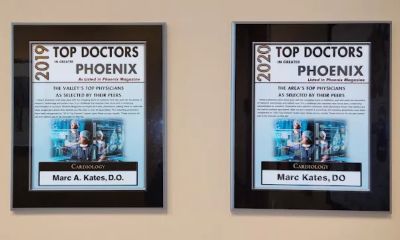
1. What Are Inherited Cardiac Conditions and Who Should Care?
1.1 A Silent Threat in the Family Tree
Inherited cardiac conditions are heart diseases passed through families due to genetic mutations. Common examples include hypertrophic cardiomyopathy (HCM), long QT syndrome (LQTS), and arrhythmogenic right ventricular cardiomyopathy (ARVC). Many of these disorders remain asymptomatic until triggered—by stress, exercise, or age—making them especially dangerous without early detection.
Cardiac Solutions
cardiac solutions peoria
5651 W Talavi Blvd, Glendale, AZ 85306, USA

1.2 You May Be at Risk If...
Have you lost a relative under 50 to sudden cardiac arrest? Has anyone in your family required an implantable defibrillator (ICD) or suffered from unexplained fainting spells? If so, genetic counseling might be recommended. It’s not just about your heart—it's about generations of hearts ahead.
2. How Genetic Counseling Works
2.1 The Process, Demystified
Genetic counseling typically begins with a review of your personal and family medical history. A certified genetic counselor will help identify patterns and recommend if genetic testing is appropriate. Once a test is done (usually a saliva or blood sample), you’ll receive a detailed interpretation—not just a report, but a roadmap.
2.2 What You Can Expect
Genetic counseling is not just for diagnosis. It offers emotional support, options for family planning, guidance on lifestyle and treatment adjustments, and strategies for informing relatives who might also be at risk. It’s about clarity, not just science.
3. Real-Life Impact: Genetic Counseling in Action
3.1 Jason’s Wake-Up Call
Jason, a 34-year-old cyclist, fainted during a triathlon in Denver. Initial tests showed nothing unusual—but a detailed family history review and genetic test revealed he had LQTS, a condition that could’ve led to fatal arrhythmias. Thanks to early intervention, a beta-blocker regimen, and an ICD, Jason is back to training—smarter and safer.
3.2 A Family Saved
In North Carolina, 12-year-old Mia was diagnosed with hypertrophic cardiomyopathy during a school sports physical. Her genetic counselor encouraged her parents and siblings to get tested. Her father, unknowingly carrying the same mutation, also received treatment, potentially avoiding tragedy. One appointment protected an entire family.
4. How HeartCare Hub Supports Patients
4.1 Beyond Testing—A Holistic Approach
At HeartCare Hub, genetic counseling is not treated as a standalone service but part of an integrated care model. Their experts combine cardiology, mental health support, and genetic education to deliver truly patient-centered care.
4.2 Personalized Plans and Ongoing Monitoring
No two genetic conditions are exactly alike. That’s why HeartCare Hub builds tailored plans—whether that means connecting patients with cardiologists for annual imaging or supporting lifestyle shifts like medication, exercise modifications, or even pre-implant counseling.
4.3 Community & Resource Access
From webinars to one-on-one sessions, HeartCare Hub ensures families get ongoing education and peer support. Their resources help individuals become not just patients, but advocates for their own well-being and that of their loved ones.

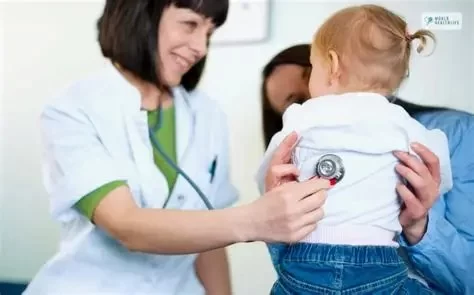
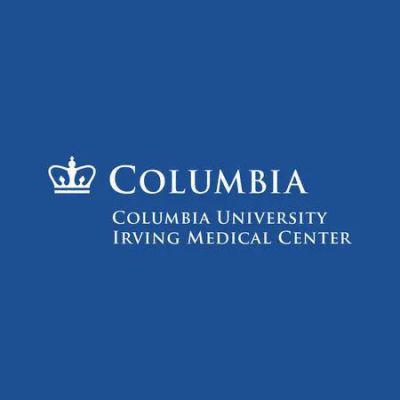
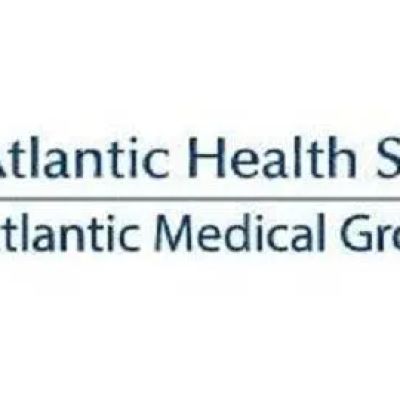
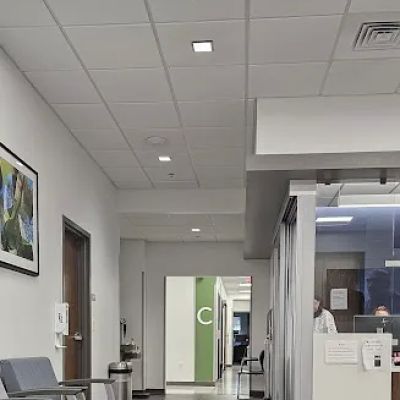
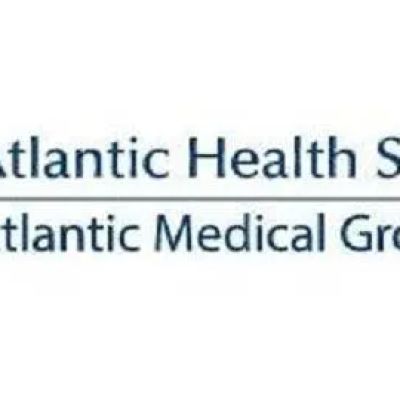
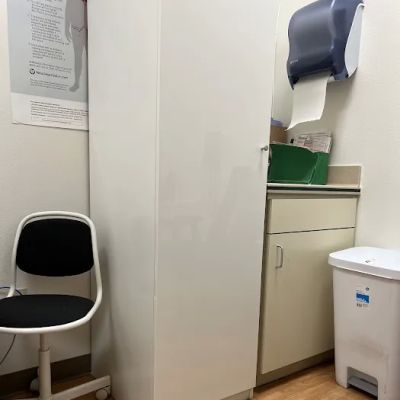
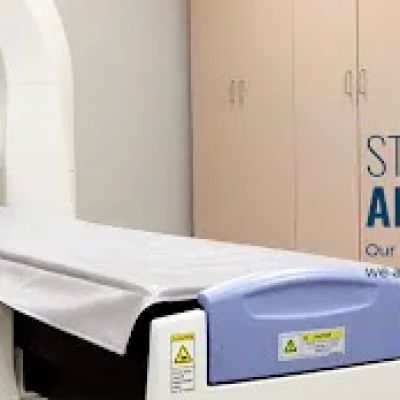


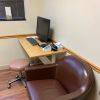
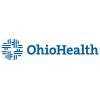










Cardiac Solutions
cardiac solutions
5651 W Talavi Blvd, Glendale, AZ 85306, USA